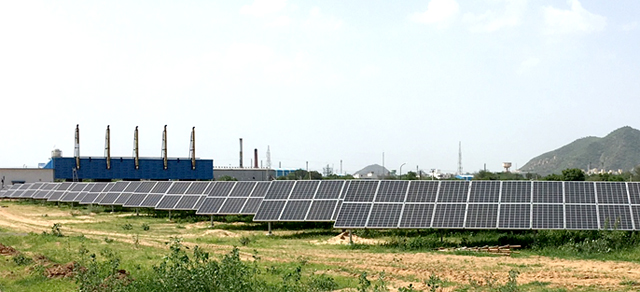A group of scientists from the Institute of Electrical and Electronics Engineers (IEEE) and the Chinese Association of Automation is proposing to increase the inertia of PV systems connected to micro-grids through inertia emulation, in order to improve the reliability and stability of the micro-grids.
The research team claims it has developed a computer-based algorithm that can be integrated with distributed generation setting algorithms to improve dynamic performance and lower implementation requirements.
According to the scientists, the algorithm is able to mirror the microgrid's inertia as needed by alternating the system's direct current over specific ranges.
Popular content
“The inertia emulation is realized by controlling the charging/discharging of the direct current (DC)-link capacitor over a certain range and adjusting the PV generation when it is feasible and/or necessary,” the researches said in their paper, which was published in IEEE/CAA Journal of Automatica Sinica (JAS).
The algorithm, the researchers said, can make the microgrid work like a large power grid with large inertia. Simulations performed by the scientists seem to confirm that the solution does work as intended.
This content is protected by copyright and may not be reused. If you want to cooperate with us and would like to reuse some of our content, please contact: editors@pv-magazine.com.



By submitting this form you agree to pv magazine using your data for the purposes of publishing your comment.
Your personal data will only be disclosed or otherwise transmitted to third parties for the purposes of spam filtering or if this is necessary for technical maintenance of the website. Any other transfer to third parties will not take place unless this is justified on the basis of applicable data protection regulations or if pv magazine is legally obliged to do so.
You may revoke this consent at any time with effect for the future, in which case your personal data will be deleted immediately. Otherwise, your data will be deleted if pv magazine has processed your request or the purpose of data storage is fulfilled.
Further information on data privacy can be found in our Data Protection Policy.